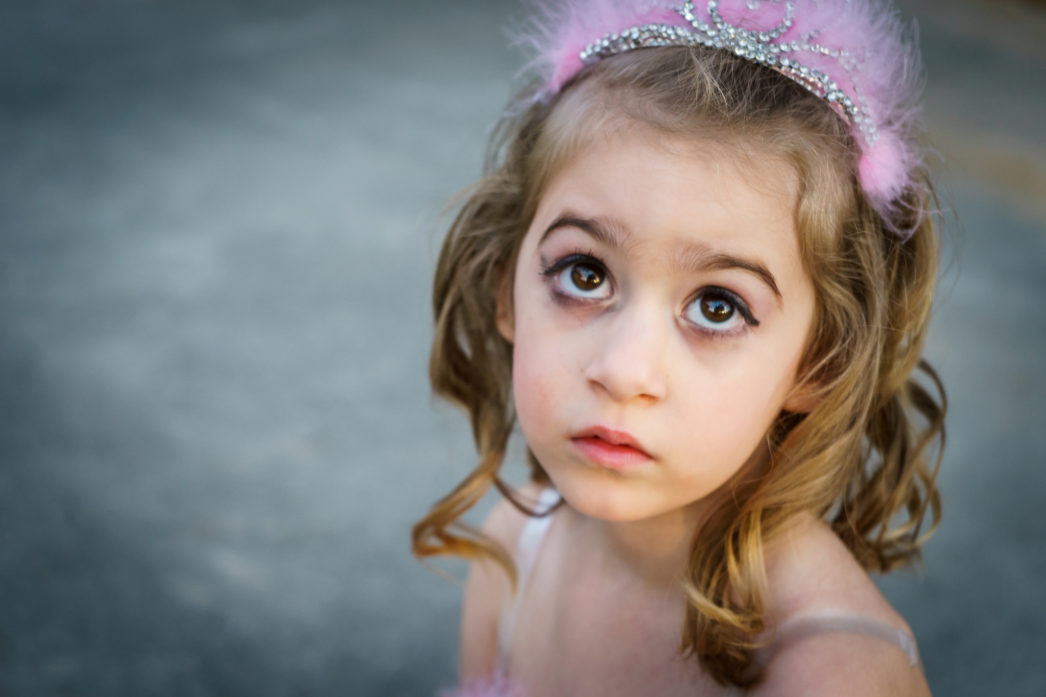Dancers can become paralyzed with fear before a performance despite hours of practice and preparedness. Finding techniques to overcome stage fright and go on with the show is vital.
Mikhail Baryshnikov, arguably one of the most famous dancers of all time, still suffers from stage fright. In a 2015 New Yorker article, he stated, “I am onstage more than fifty years…Sometimes I do shows every night for weeks. Still, it never doesn’t come. Starts four hours before. I don’t even try to fight it anymore. I know it will always be there.”
Adult and child performance anxiety, or stage fright, is quite common. For some, it will ease over time, but some never cure it. But, there are ways to cope. Here are some helpful tips:
Breathe
It sounds simple and yet, when a person gets nervous, he or she can “forget” to breathe. The American Institute of Stress says that “deep breathing increases the supply of oxygen to your brain and stimulates the parasympathetic nervous system, which promotes a state of calmness.” Learn some yoga breathing techniques to help relax your body and mind. It helps the heart beat more slowly and relaxes muscles. Blood pressure decreases and nitric oxide is released. Nitric oxide helps increase your senses, endurance and strength. You can help even your youngest students move past child performance anxiety.
Relax
Performing a routine act often helps the relaxation process. Some examples include stretching in the same way every time, chewing gum, humming or singing. Work to reduce the tension in the neck and shoulders. Meditation helps as well. Find a quite place to sit. Then, the dancer should close his or her eyes, focus on breathing and let their body go as limp as possible. Rest hands in the lap and drop the shoulders. Here, humming may be helpful as well. Try to reach a point where nothing is thought of except breathing.
Visualize
When a dancer has practiced something hundreds of times and is ready to perform, it is helpful to visualize the actual performance. Start thinking about the whole situation: the stage, lights, audience, and music. Imagine being exactly where the performance will be and “feel” the floor and the entire area around the stage. This exercise can help prepare the dancer for being in the actual space.
Release
Sometimes there is nothing a person can do about nervous energy but release it. This is especially true for younger dancers. Thus, encourage a bit of running around or a quick walk. Do exercises that allow the dancer to wiggle from the head to the toes. Doing this helps getting rid of some of the adrenaline in the body that makes a person so nervous.
Focus on the music
Sometimes dancers get stage fright because they are too focused on their performance. Get a dancer to instead focus on the music. Once a dancer becomes familiar with the musical piece, it can guide him or her through all the movements required.
Get in the space
If rehearsal in the actual performance space is possible, have the dancer take the stage there. Many dancers need to feel the actual floor, see how far they are from the audience and get a sense of the entire area they perform in. This familiarity leads to less anxiety because some fear spawns from the unknown. When a dancer then knows where he or she will be, that fear diminishes.
Face the fear
Sometimes one just has to come face to face with reality and recognize the fear. When a dancer starts to recognize the fear, it is possible to reinterpret it. Instead of seeing it a fear, it can be labeled in a more positive light such as “excess energy,” “excitement” or “passion.” Don’t focus on the symptoms such as an upset stomach or shaky hands or legs. Shift the focus to the overall feeling and work to make it a positive experience that prepares the dancer to deliver a great performance.
Let the past help the present
Stage fright is typically a reoccurring event. Dancers who are reminded about previous times they felt nervous and then overcame it to go on stage can be prompted to repeat great achievements. Help your dancers recall another time from their past where they felt overwhelmed by stage fright, but then successfully went on stage. This helps build confidence and gives them the ability to conquer their fears.
Photo by Vlad Busuioc under the CC by 2.0 License

